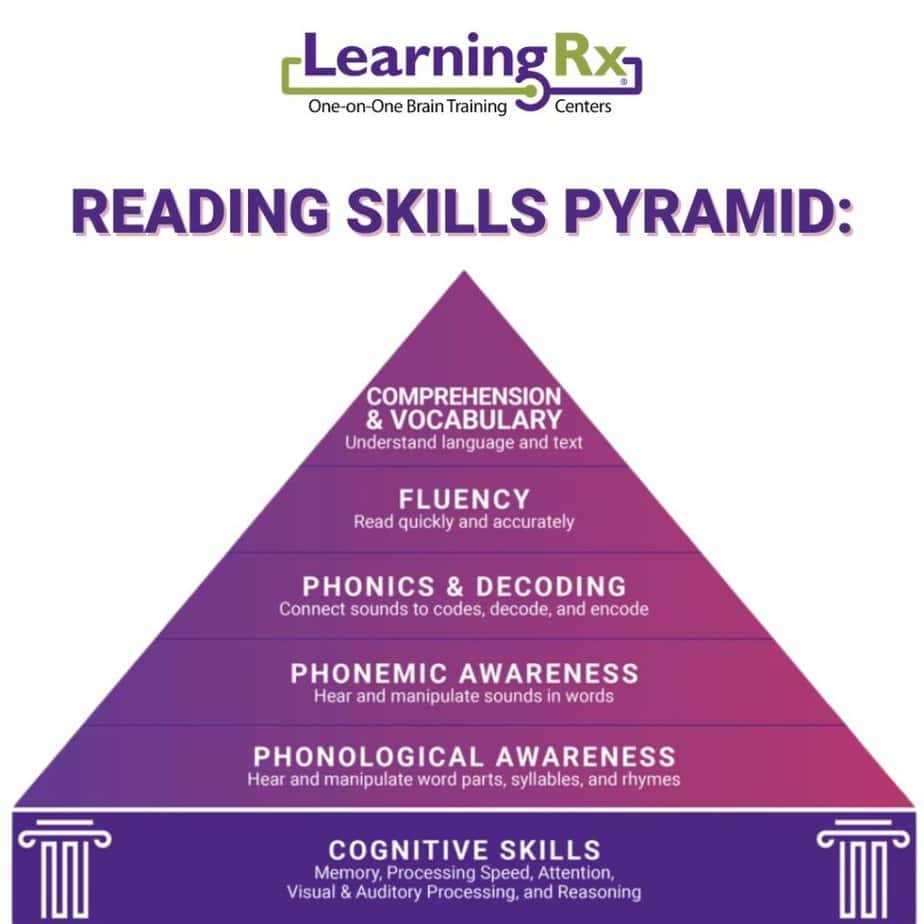Understanding and Improving Reading Comprehension in Children
Reading is a fundamental skill that opens doors to a world of knowledge and imagination. However, not every child finds reading easy or enjoyable. Struggling with reading comprehension can be particularly challenging, affecting not only academic performance but also self-esteem and motivation. If you notice any of the following warning signs, it may be time to take a closer look at improving your child’s reading comprehension skills.
Top Signs of Weak Reading Comprehension
1. Inability to Put What You Read into Your Own Words
One of the clearest signs of weak reading comprehension is when a child cannot summarize or explain what they have just read. If they struggle to recount the main points or provide a coherent summary in their own words, it might indicate difficulty in understanding and processing the material.
2. Avoiding Reading
Children who find reading challenging often try to avoid it altogether. If your child frequently makes excuses to skip reading time or expresses a strong dislike for reading, it could be a sign that they are struggling with comprehension.
3. Saying that Reading is “Boring”
While some kids may naturally prefer other activities, consistently labeling reading as “boring” can be a red flag. Often, this is a child’s way of masking their frustration or difficulty with understanding the text. When reading comprehension is weak, they are not fully immersed in a story or text. Of course just bland words on a page are boring—and unlocking their comprehension is the key to making reading more engaging and exciting.
4. Slow, Laborious Reading (or Having to Re-Read Multiple Times)
If your child reads very slowly or needs to re-read passages multiple times to grasp the content, this could indicate poor reading fluency and comprehension. Effective readers usually read at a comfortable pace and understand most of what they read the first time around.
5. Inability to Draw Conclusions or Think Critically About What They Read
Comprehension is not just about understanding the words on the page; it’s also about being able to draw inferences, make connections, and think critically about the text. If your child struggles to analyze or interpret what they have read, it might be a sign of weak comprehension skills.
What’s Going On Under the Surface?
Reading comprehension difficulties can stem from various underlying issues. These might include:
- Cognitive Processing Problems: Weaknesses in areas like memory, attention, or auditory processing can impact a child’s ability to comprehend text.
- Language Deficits: A limited vocabulary or difficulties with language structure can hinder understanding.
- Lack of Background Knowledge: Without sufficient background knowledge, children may find it hard to grasp new information or make connections while reading.
- Insufficient Reading Practice: Less exposure to reading can lead to weaker skills and lower confidence.
Reading skills pyramids like this one demonstrate all the underlying skills that need to be in place before a child can truly begin comprehending what they read:

If a child is struggling with reading comprehension, the first step is to understand why. At which level is there a disconnect? Once you have the root cause, then you can be more strategic and targeted with the solutions you implement.
Improving Reading Comprehension Skills
If your child is struggling with reading comprehension, there are several strategies and interventions that can help:
1. Build Vocabulary
Expanding a child’s vocabulary can significantly enhance their ability to understand and interpret text. Encourage reading diverse materials, engage in discussions about new words, and use vocabulary-building games and activities.
One of the best ways to do this is to continue reading aloud with your kids (even if they say they’re “too old”.) Reading more advanced texts together will expose them to a wider variety of new words, phrases, or experiences that may not have been accessible to them independently.
2. Encourage Active Reading
Teach your child to engage actively with the text by asking questions, making predictions, and summarizing information as they read. This can help them stay focused and improve their comprehension.
3. Improve Fluency
Fluency is essential for comprehension. If your child is expending all of their mental effort just to figure out the words in front of them, they’ll really struggle to grasp the bigger picture and comprehend what they’re reading.
Here are some tips to improve reading fluency >>
4. Strengthen Cognitive Skills
Brain training at LearningRx can help address underlying cognitive weaknesses that affect reading comprehension. By improving memory, attention, and processing speed, children can develop stronger reading skills.
Learn more about our program options here >>
5. Provide Background Knowledge
Enhance your child’s understanding of the world through experiences, discussions, and exposure to a wide range of topics. This helps them connect new information to what they already know, facilitating better comprehension.
6. Use Comprehension Strategies
Teach specific strategies like summarizing, predicting, and visualizing to help your child actively engage with the text. These strategies can make reading a more interactive and enjoyable experience.
A Root Cause Approach to Reading Comprehension Help
Reading comprehension is a complex skill, but with the right support and strategies, children can improve their understanding and enjoy the world of reading. If you’re concerned about your child’s reading comprehension, the first step is to find out WHY.
A cognitive assessment can indicate exactly where your child’s processing deficits are so you can tailor your intervention to their unique needs. Because there are so many possible root causes of reading comprehension struggles, this is a critical step to helping your child grow as quickly as possible.







